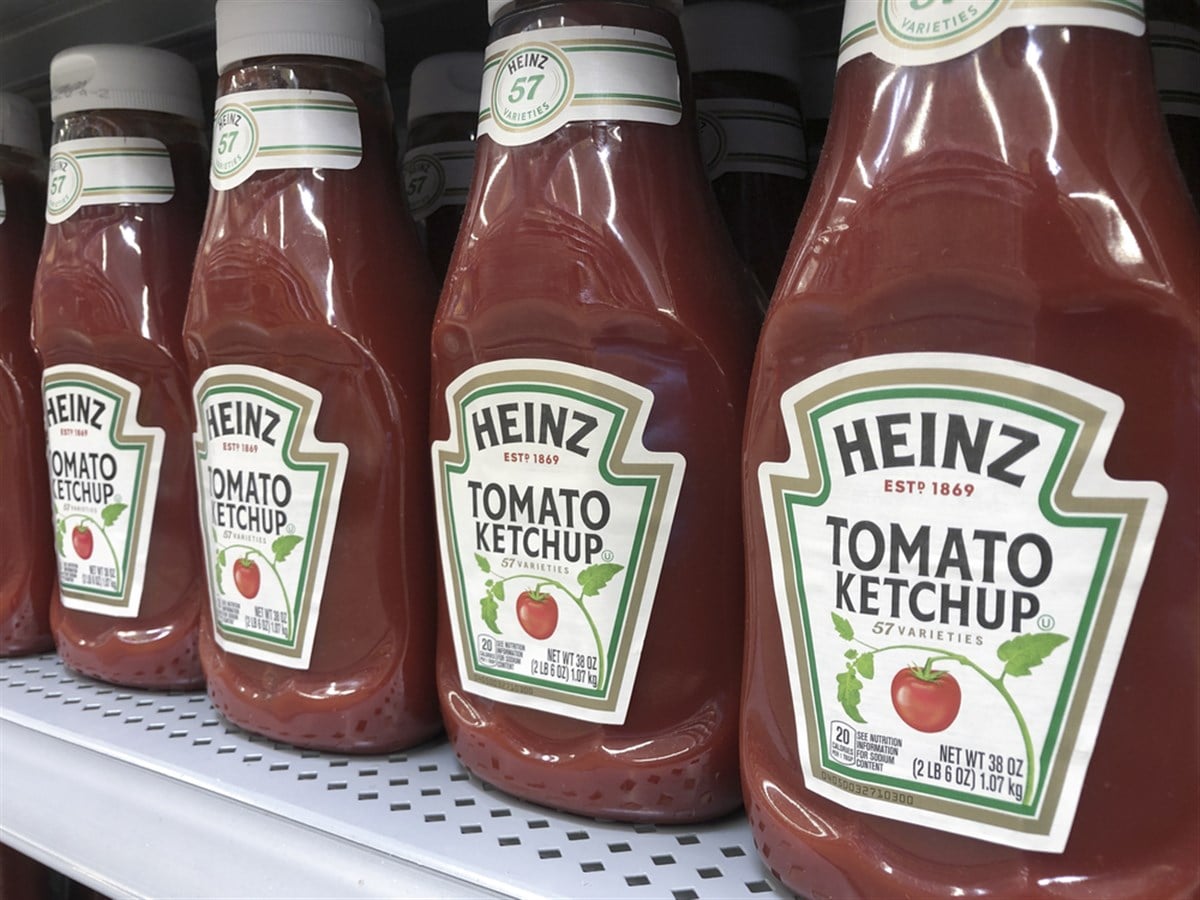

Kraft Heinz (NASDAQ: KHC) is a global food giant that stands tall within the consumer staples sector of the market. This giant food conglomerate boasts an impressive array of household brands like Heinz ketchup, Kraft cheese, Oscar Mayer meats, and Philadelphia Cream Cheese. The company is a dominant force in the food industry, and its prowess extends across North America with a formidable global footprint.
Recent market dynamics have seen Kraft Heinz’s stock consistently climb to new heights. This ascent has caught the keen eye of investors and analysts. The rise of its stock is a culmination of several strategic moves and positive indicators that have propelled the company’s trajectory skyward.
Underlying drivers of the surge
An impressive financial resurgence is the backbone of Kraft Heinz’s stock price climb. The company’s financial metrics have surpassed analyst expectations in consecutive quarters and showcased robust revenue growth. This revenue growth has marked a substantial 5.22% increase over the past twelve months and has been complemented by a commendable gross profit margin of 33.24%.
Fueling this rise further are deliberate cost-cutting initiatives that have streamlined operations. Kraft Heinz has slashed overhead expenses, which is anticipated to contribute significantly. Kraft has said they expect roughly a 6% increase in sales growth in the upcoming year due to these measures.
Kraft has made a strategic shift towards its core businesses and has been divesting the company’s non-essential assets. By concentrating its efforts on pivotal categories like condiments, cheese and meats, the company aims to present a focused approach that translates into heightened efficiency and amplified profitability.
Market conditions have significantly contributed to the rise in stock prices. The growing consumer staples sector and investors’ preference for defensive stocks amid ongoing economic uncertainties have played a crucial role in this upswing.
Valuation and analyst sentiment
Kraft Heinz’s valuation is attractive to potential investors. The company has a relatively modest price-to-earnings (P/E) ratio of 14.95 and an adjusted market capitalization of $43.36 billion. These metrics suggest that Kraft Heinz is undervalued, and this is attracting attention from market pundits.
Adding further fuel to the fire is a recent wave of analyst upgrades that has swept over Kraft Heinz. These upgrades have bolstered investor confidence and contributed to the company’s bullish sentiment. The upgrades are backed by concrete observations of improved fundamentals, pointing towards a healthier financial position and increased profitability.
Analysts project a continued growth trajectory for Kraft Heinz in the upcoming year. This optimistic outlook elevates investor confidence and suggests that the current upward trend is not momentary but signifies a sustained pattern poised for ongoing success. The collective consensus among analysts underlines Kraft Heinz’s shift toward a more prosperous and promising future, showcasing a fundamental evolution rather than a fleeting surge.
Here are some of the specific reasons why Kraft Heinz is considered undervalued:
- The company has a strong track record of profitability. Kraft Heinz has generated positive earnings before interest, taxes, depreciation, and amortization (EBITDA) in the past five years.
- The company has a diversified product portfolio. Kraft Heinz’s brands include iconic food and beverage products, such as Heinz ketchup, Kraft macaroni and cheese, and Oscar Mayer meats.
- The company has a strong balance sheet. Kraft Heinz has a debt-to-equity ratio of just 0.46, well below the industry average of 0.70.
These factors suggest that Kraft Heinz is a fundamentally sound company with a bright future. The company’s attractive valuation makes it a potential bargain for investors.
Strategic moves driving recent momentum
Recent developments in October and November 2023 catalyzed the stock’s accelerated stock price climb. A substantial price increase on numerous products and activist investor Nelson Peltz’s involvement generated fervent speculation within the market. November saw a further surge, buoyed by positive analyst reports and a noticeable decline in short interest, which plummeted to a mere 2.2% of total shares.
Analyzing Kraft Heinz’s performance reveals a stable revenue trajectory, providing a glimpse of consistent operational strength. However, fluctuations in net income and EPS warrant deeper scrutiny and analysis. Looking ahead, analysts predict sales growth in the range of 2% to 3% and an earnings surge of 6% to 8% in 2024, underlining a positive trajectory for the company.
Investment strategies and risk mitigation
For prospective investors, the company offers a variety of investment opportunities. Its attractive P/E ratio appeals to value investors, while its 4.42% dividend yield provides stable income streams. Growth investors are drawn to the company’s potential for sustained sales and earnings growth.
Despite the promising outlook, there are also potential risks to consider, such as rising ingredient and labor costs, competition from private labels, and the possibility of an economic downturn that could dampen consumer spending. Kraft Heinz’s strategic moves have resulted in record-breaking performance and stock prices, and analysts are optimistic about the company’s future. As the market continues to change, Kraft Heinz is well-positioned for a successful year ahead.
